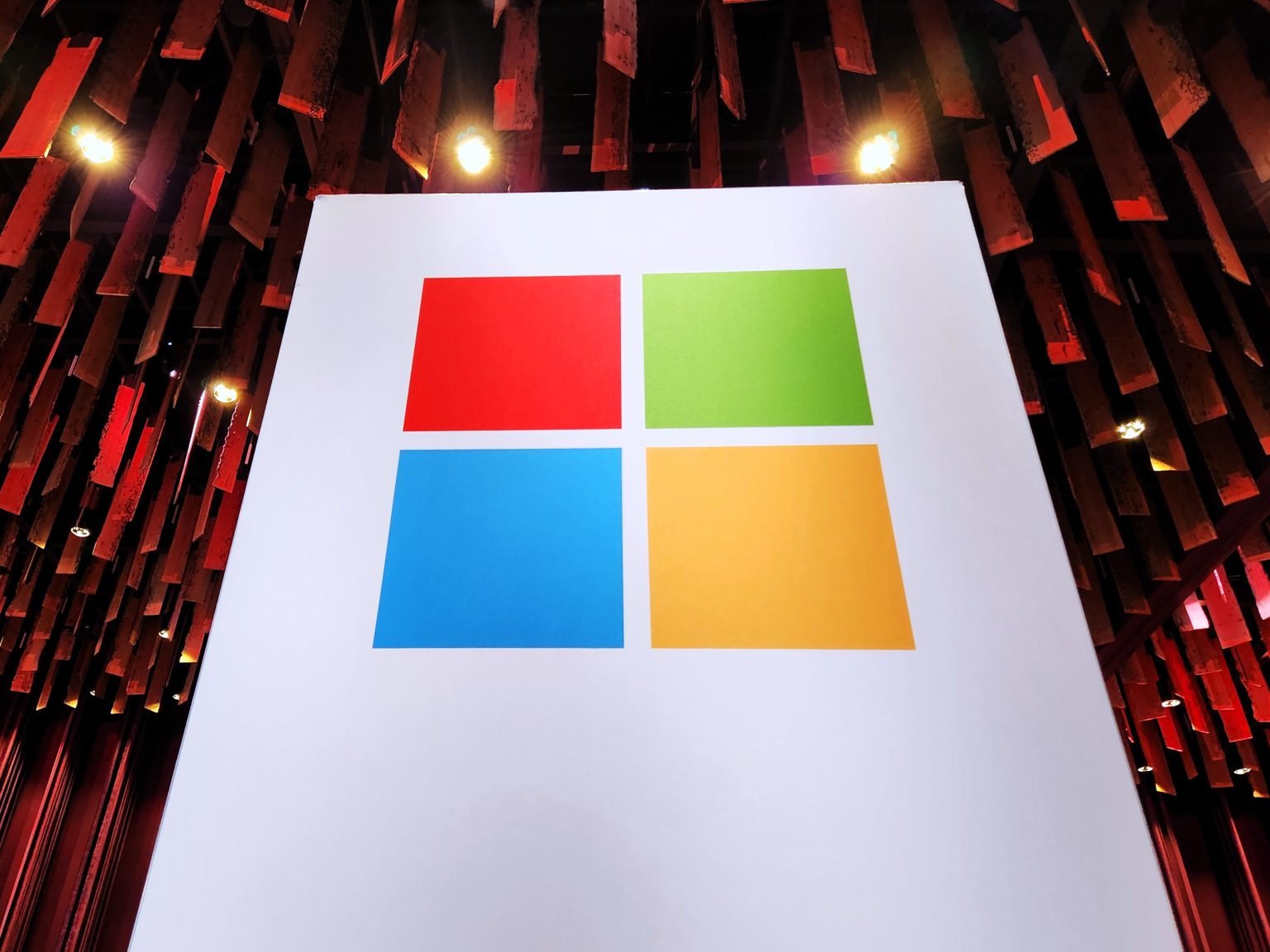Microsoft is facing scrutiny from both the U.S. and European governments, and the company is responding with a strategy of acquiescence and agreement, in contrast to its defensive approach in the late 1990s. While rivals like Google and Salesforce may question Microsoft’s actions and intentions, it is clear that the company has adopted this strategy after years of pushing back when challenged for going too far. Microsoft is currently facing challenges from the European Commission, which has issued a statement of objections stating that the company violated EU antitrust rules by bundling its Microsoft Teams software with Office 365 and Microsoft 365. Despite attempts to avoid formal action by unbundling Office and Teams, the commission still believes more changes are necessary to restore competition.
The European Commission’s ruling this week is a major test for Microsoft’s new strategy. The company could face fines of up to 10% of its annual revenue if found guilty of violating EU antitrust rules. This case began with a complaint filed by Slack in 2020, demonstrating the commitment of Microsoft’s rivals to challenge the company’s market dominance. In response to the European Commission’s findings, Microsoft has expressed a willingness to address the remaining concerns and work towards solutions. This is a departure from Microsoft’s past behavior, where the company would typically fight back against such accusations.
Microsoft’s bundling strategy has been a key factor in the company’s success in dominating new markets. Bundling products like Office + Teams, Windows + Explorer, Azure + Visual Studio, and 365 + OneDrive has allowed Microsoft to control significant market share. Even Salesforce CEO Marc Benioff acknowledges Microsoft’s success with bundling as a competitive advantage. However, in response to recent challenges from government regulators, Microsoft is now taking a more conciliatory approach. Brad Smith, Microsoft’s President, has expressed a commitment to finding solutions to the European Commission’s concerns regarding antitrust violations.
In the United States, Microsoft is also facing scrutiny from government agencies. Testifying before the U.S. House Homeland Security Committee, Microsoft’s Brad Smith agreed with criticism of the company’s handling of a high-profile cyberattack, showing a willingness to acknowledge and address issues raised by government officials. While Microsoft is standing its ground in the face of U.S. government scrutiny of its AI investments and partnerships, the company may need to tread carefully to avoid distracting from its core business goals. Lessons from Microsoft’s landmark U.S. antitrust case of the late 1990s suggest that government remedies may have less impact on the company than the distraction caused by prolonged legal battles.


